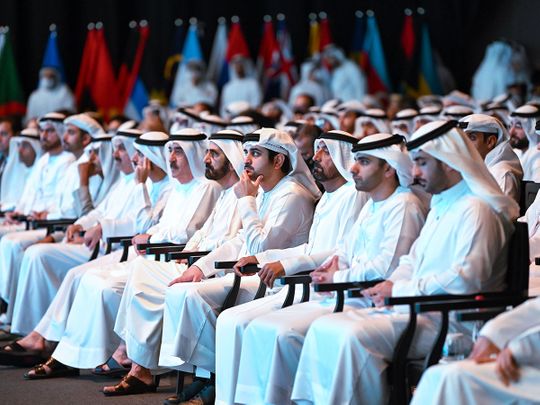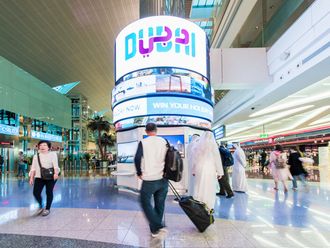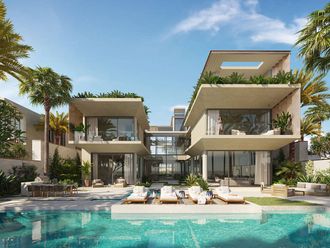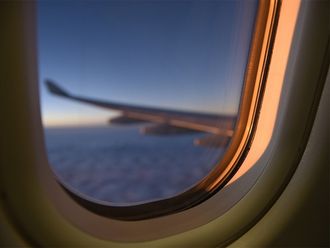
Dubai: Umm Al Quwain launched a Sustainable Blue Economy Strategy during the World Government Summit 2022 on Tuesday.
The strategy lays the foundations for the emirate’s future growth and its transformation into the “capital of the blue economy”. It also aims to enhance the emirate’s investment attractiveness while developing its natural, cultural and human wealth.
The emirate plans to double its GDP by 2031, with the blue economy contributing 40 per cent to it, a senior official said at the summit, taking place at Expo 2020 Dubai.
“We aim to meet a net-zero emissions target by 2031, by which time a total of 20 per cent of Umm Al Quwain will be dedicated to nature reserves. We have also created three carbon-neutral areas,” said Sheikh Majid bin Saud bin Rashid Al Mualla, Chairman of the Umm Al Quwain Department of Tourism and Archaeology.
The strategy was launched in the presence of His Highness Sheikh Mohammed bin Rashid Al Maktoum, Vice President and Prime Minister of the UAE, and Ruler of Dubai, and under the directives of His Highness Sheikh Saud bin Rashid Al Mualla, Ruler of Umm Al Quwain and Member of the Supreme Council.
“The UAE places the highest priority on the wellbeing of its citizens by launching development plans, policies and strategies aimed at achieving a decent life for them and enabling them to actively participate in all development paths,” Sheikh Saud said.
The strategy also includes establishing the Umm Al Quwain Centre for Entrepreneurship and the Blue Economy that will deliver eight transformative projects across diverse industry and research areas. In addition, it focuses heavily on creating new environmental, cultural, and heritage tourism areas to boost the popularity of one of the UAE’s most diverse but relatively undiscovered regions.
As part of the Sustainable Blue Economy Strategy, the emirate also plans to expand its already strong mangrove cover threefold by 2031 to make a major contribution towards its net-zero target.












